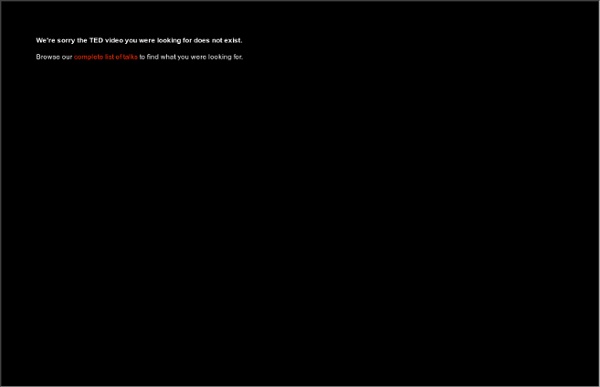



National College online network On 1 April, the National College merged with the Teaching Agency to become the National College for Teaching and Leadership. The new agency has two key aims: improving the quality of the workforce; and helping schools to help each other to improve. Find out more about the new agency. We can help you to develop as a leader and achieve your career goals. We also offer professional development for chairs of governors and school business managers. Professional development opportunities One of the most powerful ways of achieving improvement is through collaboration and we offer many opportunities for school and early years leaders to provide and receive support. Find out about becoming a teaching school or being designated as a national, local or specialist leader of education. Support for schools and early years Find out about our work with international organisations, such as education ministries, universities and the private sector overseas and in Scotland, Ireland and Wales.
Access All On 1 April, the National College merged with the Teaching Agency to become the National College for Teaching and Leadership. The new agency has two key aims: improving the quality of the workforce; and helping schools to help each other to improve. Find out more about the new agency. We can help you to develop as a leader and achieve your career goals. Whether you're taking on your first leadership role or are an experienced and successful school or children's centre leader, we have something for you. We also offer professional development for chairs of governors and school business managers. Professional development opportunities One of the most powerful ways of achieving improvement is through collaboration and we offer many opportunities for school and early years leaders to provide and receive support. Find out about becoming a teaching school or being designated as a national, local or specialist leader of education. Support for schools and early years
Crash course in learning theory « If pets could design user experiences... | Main | Crash Course in Learning Summary » Crash course in learning theory One formula (of many) for a successful blog is to create a "learning blog". A blog that shares what you know, to help others. Even--or especially--if that means giving away your "secrets". Teaching people to do what you do is one of the best ways we know to grow an audience--an audience of users you want to help. It's what I try to do here because--let's face it--you're just not that into me ; ) But I assume (since you're reading this blog) that you ARE into helping your users kick ass. So, as promised in an earlier post, here's a crash course on some of our favorite learning techniques gleaned from cognitive science, learning theory, neuroscience, psychology, and entertainment (including game design). This is not a comprehensive look at the state of learning theory today, but it does include almost everything we think about in creating our books. The long version...
BBC Education (bbceducation) The Home of Building Learning Power My blog On 1 April, the National College merged with the Teaching Agency to become the National College for Teaching and Leadership. The new agency has two key aims: improving the quality of the workforce; and helping schools to help each other to improve. Find out more about the new agency. We can help you to develop as a leader and achieve your career goals. We also offer professional development for chairs of governors and school business managers. Professional development opportunities One of the most powerful ways of achieving improvement is through collaboration and we offer many opportunities for school and early years leaders to provide and receive support. Find out about becoming a teaching school or being designated as a national, local or specialist leader of education. Support for schools and early years Find out about our work with international organisations, such as education ministries, universities and the private sector overseas and in Scotland, Ireland and Wales.
TL21 home On 1 April, the National College merged with the Teaching Agency to become the National College for Teaching and Leadership. The new agency has two key aims: improving the quality of the workforce; and helping schools to help each other to improve. Find out more about the new agency. We can help you to develop as a leader and achieve your career goals. Whether you're taking on your first leadership role or are an experienced and successful school or children's centre leader, we have something for you. We also offer professional development for chairs of governors and school business managers. Professional development opportunities One of the most powerful ways of achieving improvement is through collaboration and we offer many opportunities for school and early years leaders to provide and receive support. Find out about becoming a teaching school or being designated as a national, local or specialist leader of education. Support for schools and early years
Learning to Learn home page "Since we cannot know what knowledge will be most needed in the future, it is senseless to try to teach it in advance. Instead, we should try to turn out people who love learning so much and learn so well that they will be able to learn whatever needs to be learned." John Holt The Campaign defines 'learning to learn' as a process of discovery about learning. It involves a set of principles and skills which, if understood and used, help learners learn more effectively and so become learners for life. In brief, 'learning to learn' offers pupils an awareness of: Transforming Learning